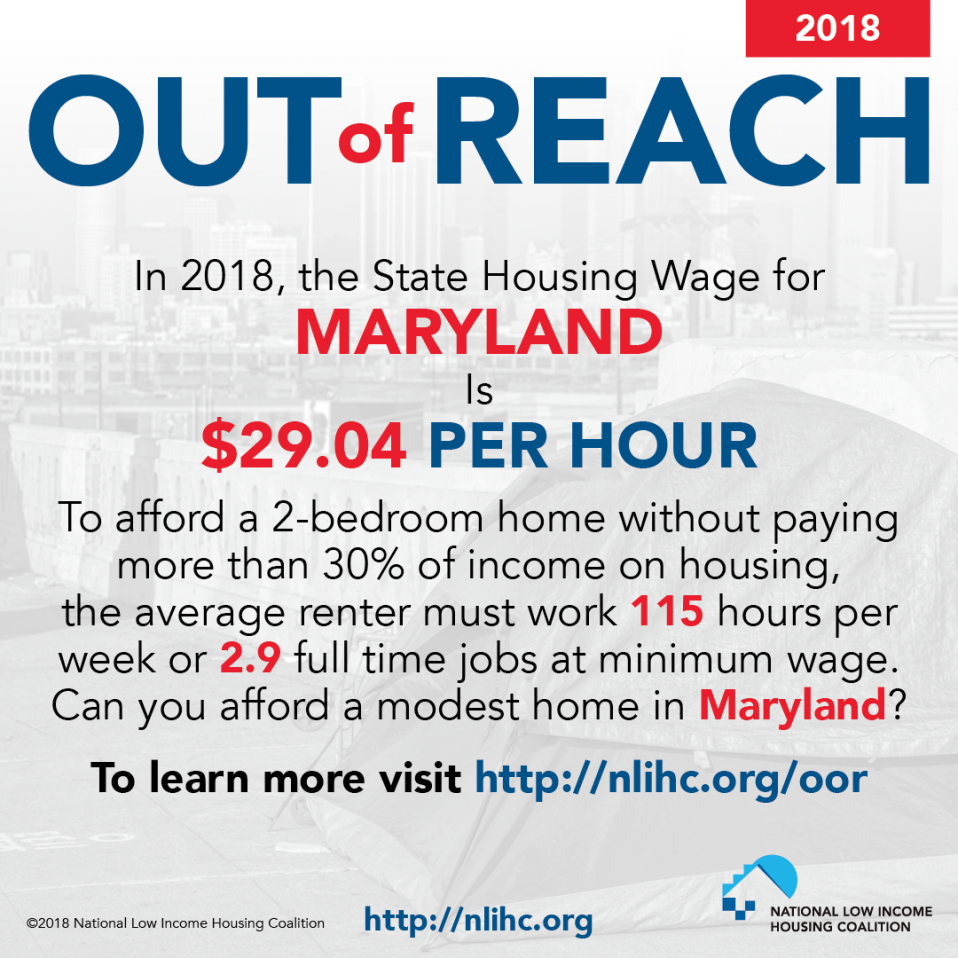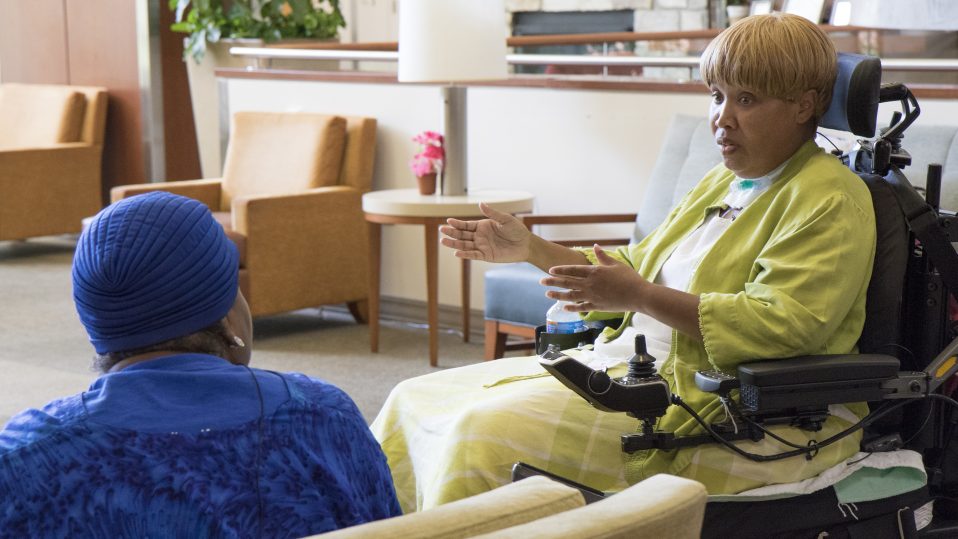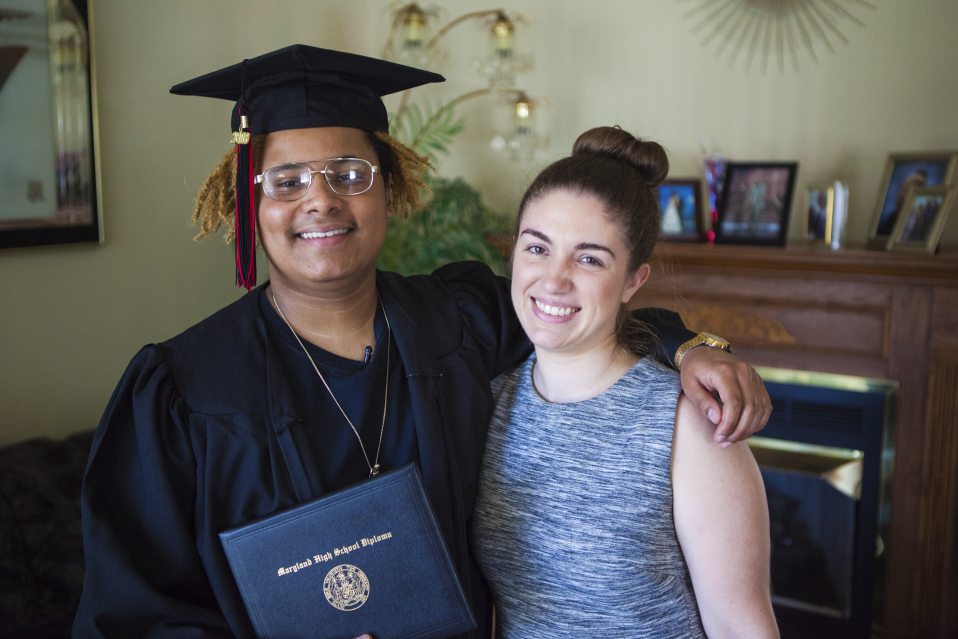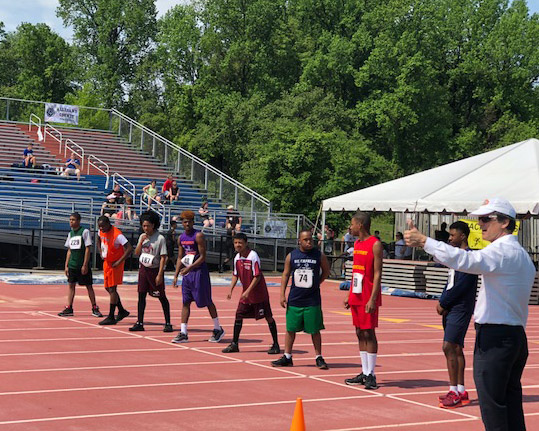June 20, 2018
Disability Rights Maryland (DRM), alongside its partners in the Maryland Coalition to Reform School Discipline, has for several years advocated for Baltimore City Public Schools to pass policies governing the interaction between school police, students, and the community. City Schools is the only district in Maryland to employ and maintain its own police force. DRM is pleased to announce that on June 12th the City Schools’ Board of Commissioners approved for the first time school board policy and regulations to delineate the role of school police and school administrators in administering school discipline and ensuring school safety. While the approval of policies is an important step in disrupting the school-to-prison pipeline, DRM will continue to work with Coalition members to advocate for updates to the policies that serve to protect students’ rights, including a clear definition of arrest and a call for juvenile-specific Miranda warnings.
See DRM Attorney Amanda White on the CBS local news coverage of the passage of these policies.





